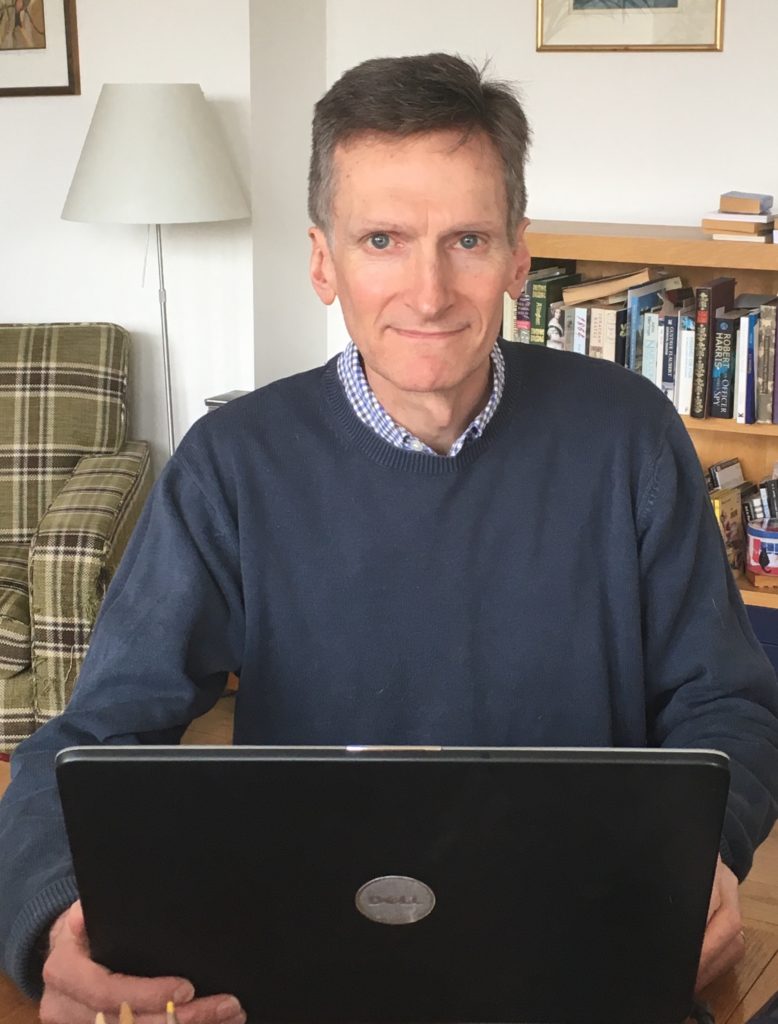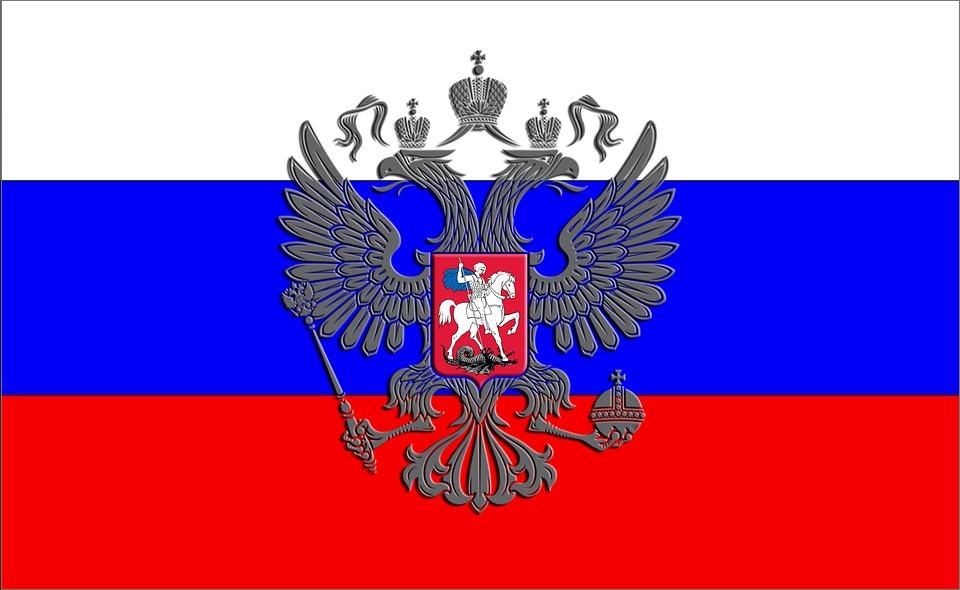21 April 2022
Russian Culture
Cancelled by Russia.
By Neil Tidmarsh

Does President Putin listen to Classic FM? Unlikely. Would any of his intelligence toadies have informed him about Classic FM’s Hall of Fame 2022, broadcast last weekend? Unlikely. If they were too scared to tell him that Ukraine wouldn’t welcome Russian “liberation”, and are too scared to tell him that Russia is losing the war, then they’ll certainly be too scared to tell him that his claim that the UK is hell-bent on cancelling Russian culture is complete nonsense.
So it’s up to the Shaw Sheet to speak truth to power and say “Vladimir, mate, you’re talking rubbish. Check out Classic FM’s website and count the number of Russian composers and their works in this year’s top 300 most popular pieces of classical music as voted for by the station’s listeners.”
Russian music occupies a predictably impressive 10% of the chart; there were 29 pieces by 8 Russian composers in that top 300. Borodin is at numbers 283, 172 and 73; Mussorgsky is at number 264; Khachaturian is at numbers 255 and 79; Rimsky-Korsakov is at number 64; Rachmaninoff is at 250, 61, 32, 25 and 2; Tchaikovsky is at 206, 129, 123, 104, 80, 75, 60, 40, 24 and 14; Shostakovich is at 202, 182, 161, 83, 33 and 23; Prokofiev is at 152.
Admittedly, this is a little down on last year. There were 36 works by 9 Russian composers in 2021’s Hall of Fame (Stravinsky mysteriously dropped out this year). But this is too small a change to be significant. It certainly doesn’t constitute a cancellation of all things Russian; far from it, it proves that we continue to love Russian music. Classic FM itself continues to broadcast Russian music every day.
But there is a more interesting and significant point to be made here. All nine of these composers – yes, every one of them, Russia’s greatest – have indeed been cancelled. But not by the UK, or by the USA, or by EU member states. They’ve all been cancelled by Russia itself. Or at least by the Russian authorities, at one time or another, whether Tsar (who Putin is so strenuously trying to emulate) or Stalin (whose reputation Putin has made such great efforts to rehabilitate).
Alexander Borodin (1833-1887), Modest Mussorgsky (1839-1881) and Nicolai Rimsky-Korsakov (1844-1908) were all members of “The Five”, a group of composers (which also included Mily Balakirev and César Cui) who together developed a distinctly Russian style of classical music. But they were regarded as extremists by the Tsar, Alexander III, who vetoed their work; he rejected Mussorgsky’s opera Boris Godunov when it was suggested for the Imperial Opera in 1884. Rimsky-Korsakov was even unluckier; all his works were banned by the police during the 1905 revolution, when a student demonstration followed a performance of his opera Kashchey the Immortal at the Saint Petersburg Conservatory where he taught. His opera The Golden Cockerel was so heavily censored that he never saw it performed.
Pyotr Ilyich Tchaikovsky (1840-1893) reportedly died of cholera, after inadvertently drinking contaminated water. But this unlikely account of his death has been challenged; it’s now widely accepted (though not in Russia) that he took arsenic after being tried and condemned to death by a Court of Honour of his Imperial School of Jurisprudence peers determined to cover up a potential homosexual scandal. There are other theories of suicide, some even implicating Tsar Alexander III himself. Whatever the truth, Tchaikovsky was undeniably homosexual; some Russians still deny it, however, their denials perhaps encouraged by Russia’s anti-gay law of 2013 which itself cancels this essential truth about Tchaikovsky.
Sergei Vasilyevich Rachmaninoff (1873-1943) had his property seized by communists in 1917. As an aristocrat, he then had to flee Russia during the revolution and lived in exile for the rest of his life. His work was banned in Russia and belittled by the Russian authorities in 1931, following a letter published in The New York Times and signed by Rachmaninoff and other Russian emigres which criticised the Soviet Union’s authoritarian policies.
Igor Fyodorovich Stravinsky (1882-1971) was another Russian composer driven into exile by the Russian Revolution; performances of his work were banned in Russia from 1933 to 1962.
Sergei Prokofiev (1891-1953) fell foul of the Soviet authorities in 1925 when the Russian Association of Proletarian Musicians condemned his ballet Le Pas d’acier as “anti-soviet, a counter-revolutionary composition bordering on Fascism”. The RAPM interrogated Prokofiev about its setting, characters and story rather than its music; he was brave enough to reply “That concerns politics, not music, and therefore I won’t answer”, but the ballet was rejected by the Bolshoi nevertheless. Worse came in 1948 when the authorities – the Kremlin, the Communist Party and the Department for Agitation and Propaganda – condemned his work as “formalist” (“too advanced or difficult for the masses to enjoy”); his music was censored and banned.
Aram Ilyich Khachaturian (1903-1978) was another victim of the Kremlin’s attack on “formalist” composers in 1948. He tried to defend himself at the conference where he was accused of not being sufficiently “socialist realist”, but his attempts were denounced as “extreme individualism”. He was forced to make a very full and humble ‘apology’ and sent back to his native Armenia as a punishment.
Dmitri Shostakovich (1906-1975) was a victim of Stalin’s Great Terror in 1936. Following attacks in Pravda on his opera Lady Macbeth of the Mtsensk District and his ballet The Limpid Stream, his work – including his Fourth Symphony – was suppressed. He got off lightly, however, compared to many of his friends and colleagues who were arrested, imprisoned, sent to gulags or executed. His Fifth Symphony of 1937 and an officially-commissioned piece to celebrate Soviet Russia’s invasion of Finland in 1939 (never actually performed as the invasion was such a disaster) did rehabilitate him as a “socialist realist” composer, but terror struck again in 1948 when he, alongside Prokofiev and Khachaturian, was also denounced as a “formalist”. He was forced to make a full ‘apology’ in front of the committee and dismissed from the Conservatory. His work was banned and his family had their privileges withdrawn.
Once more, however, he managed to rehabilitate himself – by praising Stalin as the “Great Gardener” in his work Song of the Forest. His privileges were restored and he was permitted to travel abroad as a mouthpiece for the Kremlin. At a public press conference in New York, he was confronted by the exiled Vladimir Nabokov who asked him for his views on Stravinsky, who Nabokov knew Shostakovich admired but whose work was banned by the Soviet authorities. Shostakovich replied by denouncing Stravinsky’s work – and was denounced in turn by Nabokov as “not a free man but an obedient tool of his government”.
What does all this tell us about Russia, Russians and the Russian authorities? What, indeed. The Shaw Sheet will leave the facts to speak for themselves, rather than risk accusations of Russophobia and stoke the puzzling paranoia which prompted one Russian politician this week to bizarrely insist that the UK was desperately seeking an excuse to nuke the whole of Russia to ashes.


